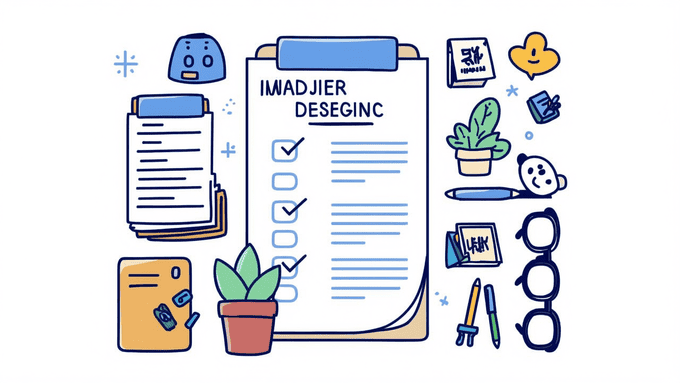Career Change Guide and Tips

What Is a Career Change?
A career change involves leaving your current job or industry to pursue a different role or professional path, often requiring new skills, qualifications, or experiences.
When to Consider a Career Change
Consider a career change if your current path doesn't align with your goals and passions. Situations that may warrant a change include job-related stress, lack of advancement opportunities, desire for a higher salary, or seeking a better work-life balance.
Steps to a Successful Career Change
1. Reflect on Your Job Satisfaction
Take time to understand your current job satisfaction and identify what you truly want in a career. Ask yourself questions about your job, such as why you chose it and how your attitude towards it has changed over time.
2. Assess Your Skills and Knowledge
Evaluate your hard and soft skills, and consider how they can transfer to a new field. Reflect on your experiences and identify your strengths that can be leveraged in a new career.
3. Consider Different Industries
Research potential career paths within and outside your current industry. Explore industries that align with your interests and strengths, and understand the demands and trends of these sectors.
4. Research Job Prospects
Examine job boards and company websites to understand the requirements for different roles. This helps identify any gaps in your current skill set or education that may hinder your career change.
5. Try Out Your Potential Career
Gain first-hand experience of your potential career through job shadowing, volunteering, internships, or part-time jobs. This experience will help you determine if a particular job is the right choice for you.
6. Make an Action Plan
Create a plan that breaks down your career change into manageable steps. Set clear, achievable goals, identify specific actions, and set realistic deadlines to track your progress.
7. Develop New Skills
Identify any skill gaps and pursue the necessary training or education. This could involve online courses, formal education, vocational training, or mentorship programs.
8. Change Your Personal Brand
Update your professional presence online and offline to align with your new career goals. Highlight relevant skills and experiences that fit your desired industry or role.
9. Expand Your Network
Build relationships that can open doors to opportunities. Reach out to people in your desired industry through social media, conferences, seminars, or networking events.
10. Prepare a Career Change Resume
Craft a powerful resume that highlights your transferable skills and relevant experiences. Choose the right format, write a compelling summary or objective, and include a skills summary section.
11. Stay Motivated
Career changes can be challenging and time-consuming. Maintain motivation by setting realistic expectations, tracking progress, surrounding yourself with support, staying positive, and recognizing setbacks as learning opportunities.
Career Change Statistics
Statistics can provide insights into trends, success rates, and challenges faced by employees during a career change, offering a clearer view of the job market.
Career Change Resources
Utilize resources such as guides on writing resignation letters, finding jobs, writing internship resumes, and the ultimate guide to job hunting to smooth your career change process.
FAQ on Career Changes
Q1. Am I Too Old to Switch Careers?
No, age can be an asset, bringing valuable experience and skills to a new role. Focus on leveraging your life experiences and remaining open to new skills.
Q2. Should I Include a Cover Letter When Changing Careers?
Yes, a cover letter allows you to explain your career change, highlight transferable skills, and demonstrate passion for the new field.
Q3. How Do I Discover a New Career?
Self-reflection and assessment of your interests, values, and skills are the starting points. Explore industries and roles that align with your needs through research and networking.
Q4. What Is The Easiest Career Change?
The easiest career change usually involves moving to a field where your skills overlap and there's high demand, such as tech-related roles, digital marketing, or project management.
Key Takeaways
- Reflect on your current job situation to determine the direction of your career change.
- Create an action plan to track your progress.
- Consider internships or volunteering to test a new career.
- Prepare a flawless career change resume to aid in your job hunt.